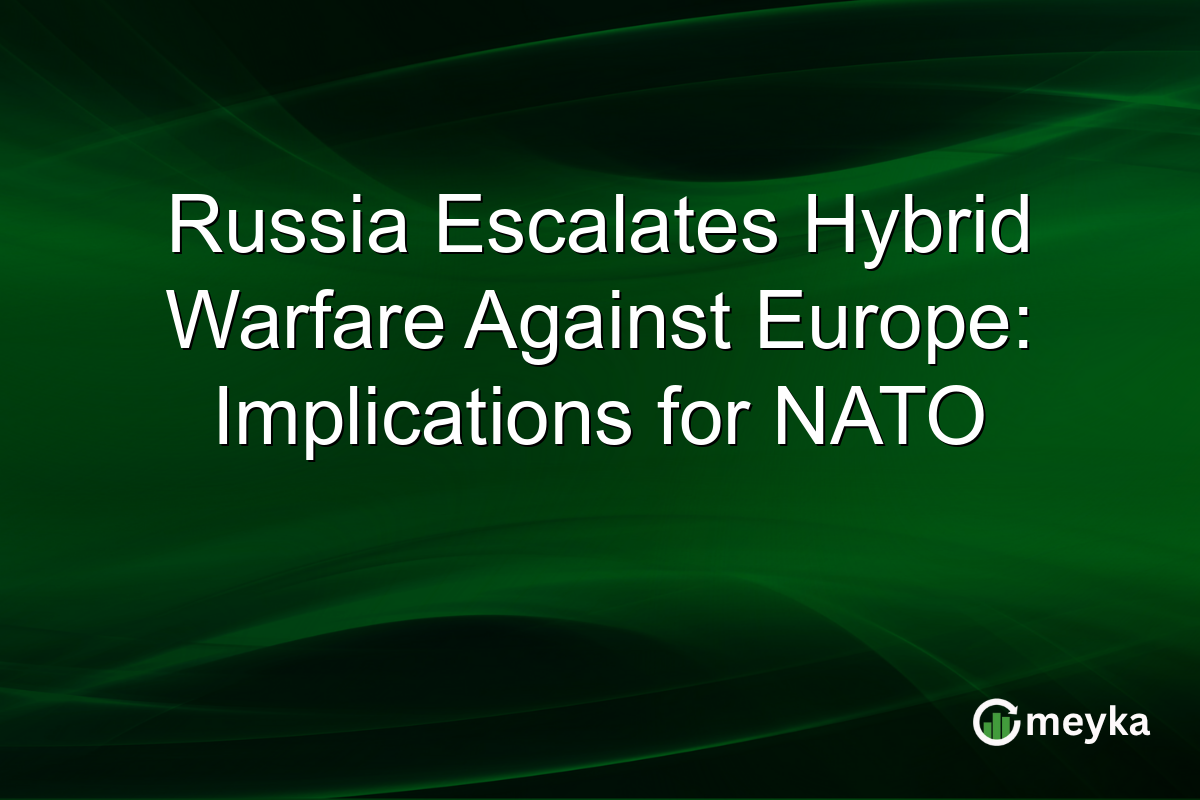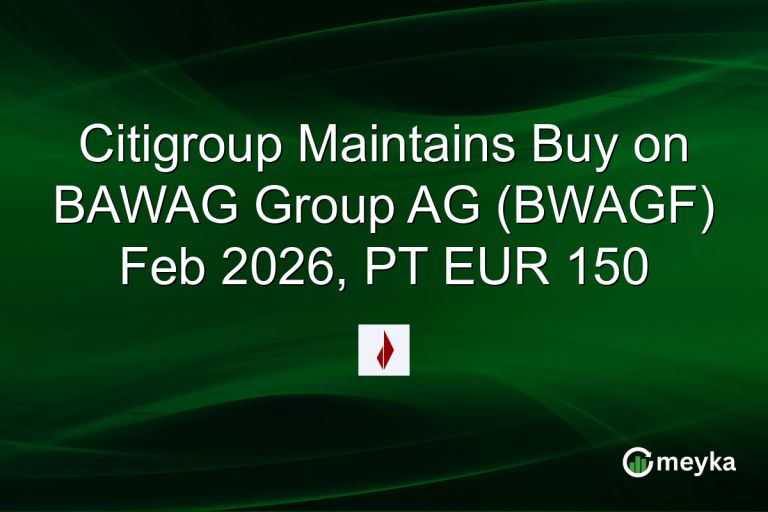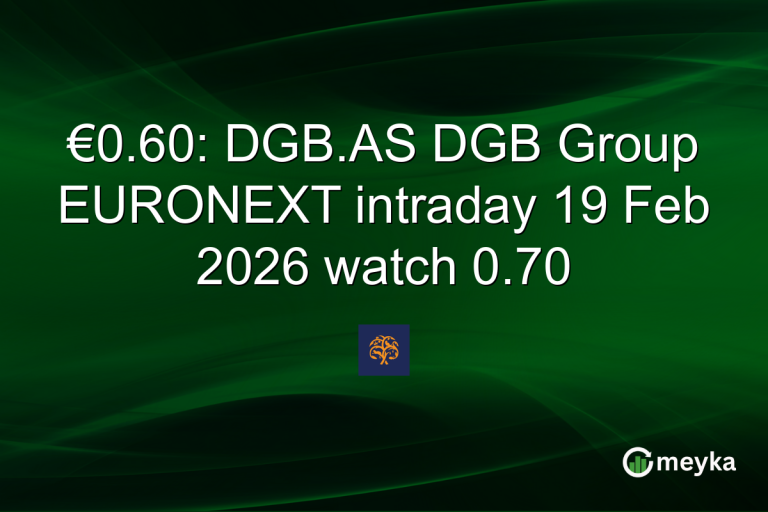Russia Escalates Hybrid Warfare Against Europe: Implications for NATO
In recent months, Russia has reportedly escalated its hybrid warfare activities against Europe, causing significant concern among NATO members. Hybrid warfare, which combines conventional military force with subversive methods like cyber attacks and disinformation, is reshaping European security dynamics. This rise in activity underscores the broader geopolitical ramifications of ongoing conflicts, compelling NATO to rethink its strategies.
Continue Reading on Meyka
This article is available in full on our main platform. Get access to complete analysis, stock insights, and more.
Read Full Article →





